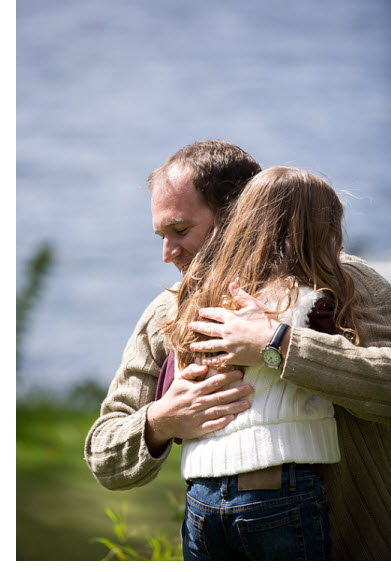 1. What type of residential treatment services do you provide?
1. What type of residential treatment services do you provide?
Arapahoe House has several different residential programs. They include adult residential, adolescent residential, a facility for women and their children, a program for pregnant/postpartum women, a transitional treatment (half-way) program, and an intensive program for clients referred by the judicial system.
2. How long do I have to stay in residential treatment?
The exact length of stay for each person will be determined by that person’s individual needs and the treatment plan developed between them and their counselor. Treatment in an Arapahoe House residential treatment program ranges from two weeks to three months or more.
3. How much does it cost?
Arapahoe House offers financial assistance and scholarships determined by your ability to pay for services. Financial assistance often results in reduced fees. Arapahoe House also accepts insurance and Medicaid. The exact cost of residential treatment depends on the specific program. When you call to get information about a specific program, Arapahoe House staff will talk with you about the cost of that program, and about payment options.
4. How long will I have to wait to get into a program?
Admission to residential programs is based on availability of space. There are some patients who are given priority for admission, such as pregnant women, IV (intravenous) drug users, and persons who are on emergency commitment status. When you call about services, Arapahoe House staff will talk with you about your specific situation and work with you to get you into the most appropriate service for you as quickly as possible. Arapahoe House offers several other treatment options for you to use for support if you have to wait to get into a residential program.
5. Can I smoke while I am in residential treatment?
Arapahoe House is a tobacco-free facility. You are encouraged to begin quitting tobacco use before coming to residential treatment. While in treatment staff is available to help you connect with resources to assist you if you choose to try to quit using tobacco products. We understand that this may be difficult and staff is here to support you in this process. Use of nicotine replacement therapy products while in treatment is endorsed and supported.
7. What am I allowed to bring? Are there things I am not allowed to bring?
You may bring clothes, some personal items (such as journals, sketch pads, books), hygiene products (that do not have alcohol in the first three ingredients), money, and some over-the-counter medications. Some items you may not bring with you include tobacco products, any drugs or drug paraphernalia, weapons, loose medications (not in original packaging), herbal medicines, food, or electronic/musical devices (including I-Pods and cell phones). When you register for a program, staff will talk with you in more detail about what you may and may not bring.
8. What kind of contact will I be allowed to have with my family?
Each program has different guidelines regarding phone calls, visits, and outings. Generally, you will be given the chance to have interactions with your loved ones. When you meet with staff about coming to a program they will talk with you about the specific guidelines for that program.
9. Can I have my medications in treatment?
You will be allowed to bring prescription medications in their original container; they will be kept in a locked area and staff will monitor use of them. Some non-prescription medications will be allowed; staff will talk with you prior to admission about what you may bring.
10. Can I bring my children?
Arapahoe House has residential programs designed specifically for women and their children. Other than these programs, you may not bring children to stay with you in residential treatment. However, you will be able to stay connected with your children while you are in treatment and in some cases, they can participate in various family activities. Staff will talk with you about your specific program’s guidelines for family visitations and activities.